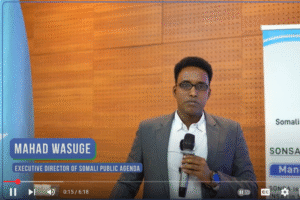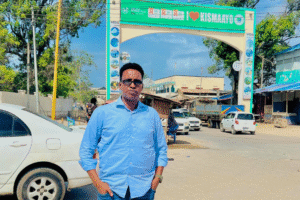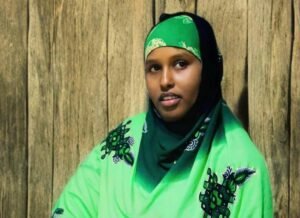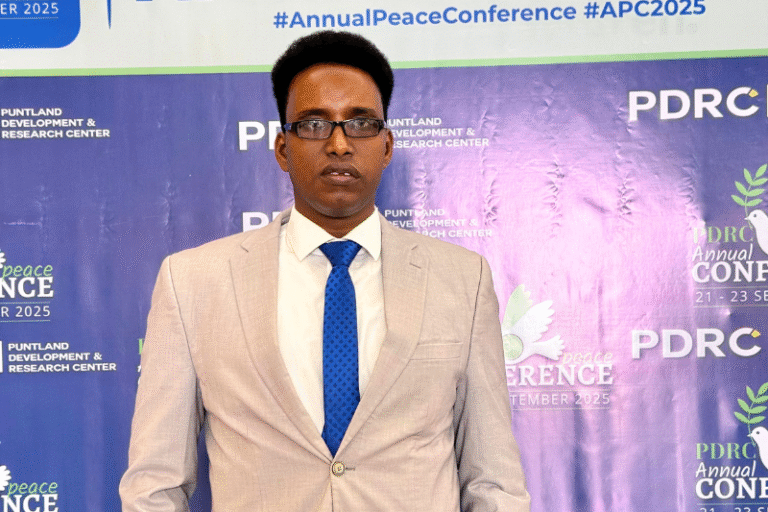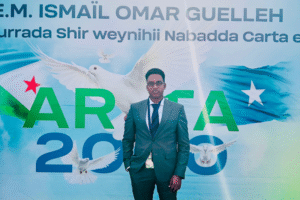
Somalia is a nation where its people often focus on discussing about the nature of politics. Those people also look forward to holding positions in the government, regardless of their educational status. We see almost all Somalis claim that they are well-versed in issues related to politics. Strangely enough, most of those people never admit they are ignorant of the rudimentary knowledge in politics.
When I was young, I remembered seeing a group of men who huddled to listen to the news at local teashops. At that time, B.B.C Somali Service had been the best station for Somali news and programs. Every time the BBC programs were off the air, people discussed, dissected and analyzed events of the day.
In the following section, I will be discussing from where the zeal of being a politician derived. Let me begin with the history of the conflict that I openly argue is the major reason behind the rise of this fervor.
Since the armed rebels toppled Barre regime from the office in 1991, Somalia descended into a painful decade of anarchy. During these years of lawlessness, there was no any fully functioning government in Somali regions. In Djibouti, six faction leaders established the first Transitional Government in 2000. Somali political analysts pointed out that those decades of mayhem forced the country to experience different stages: the years of warlordism, the era of transitional governments, the genesis of the Islamic Court Union, and the incumbent non-transitional government.
In the wake of the birth of federalism in 2004, many regions began to rise in balkanized politics. In order to federate the country, regional states with separate presidents, ministers, deputy ministers and parliamentarians were formed. In addition to that, young Somalis from the Diaspora and the locals joined the government and held positions such as advisors, civil servants, and district commissioners.
All those above-cited factors forced many Somalis to take part in regional and provincial administrations in the country. The pressing circumstances that the country left many in complete confusion about who is a politician and who is a bureaucrat. Unfortunately, the precise definition of the literal term “politician” is too mysterious for many.
In the theater of current politics, one may hear politicians who have previously held ministerial and parliamentary positions get appointed as chiefs of the national forces. In addition to that, civil servants as well as district commissioners may find themselves as genuine politicians. This generates confusion of who is a true politician or who is not. The question is, can a politician be a chief of a national force? Can we characterize the status of those regional governors, district commissioners, and civil servants as Somali politicians? It is crucial for us to discuss about finding candid answers to these questions.
Most Somalis who claim as politicians do not study politics as a discipline. I remember vividly a seminar that brought hundreds of students who were prepared to join a university back in 2009. Some students were asking one of the students who got enrolled in the faculty of Political Science why he decided to take that subject. The students argued that studying Politics required no university degree at all. This type of thinking is still prevalent in many parts of the country. Many of those joining the politics and the administration do not have enough understanding of what it is like politics and politicians.
My definition of the term is apparent. “Politician” is a person active in party politics who sets and influences public policy and decision-making. Such politician is one who seeks positions through legitimate means. These include cabinet ministers, and the parliamentarians, the leaders of registered political parties, if any, and the federal member state parliamentary and executive branches.
What is important for us to understand is that the head of the administration of ministers such as the General Directors, the head of departments and the other civil servants under his direction are not politicians although they influence public policy. They are public administrators / public bureaucrats, and their main responsibility is to implement the government policies. In addition, the governors of the administrative regions, the district commissioners, and the other subordinates are also part of public administration. They carry out the government’s policies and programs. Moreover, it is also imperative to comprehend that the national armed forces are far from being politicians. The roles of the chiefs of the armed forces are to keep up government’s security policies and the defense.
In conclusion, let us not mistake staff working for the government for being as bona fide politicians. If you want to be a politician, do not rely on only your clan affiliations, but invest yourself in education and study politics. This will help you avoid from making potential mistakes, and other faults that you are susceptible if you become a politician. Somalia does not need numerous politicians, but it needs competent and hard-working public administrators who can carry out the government’s policies effectively.
Mahad Wasuge
You can follow me on Twitter @MahadWasuge
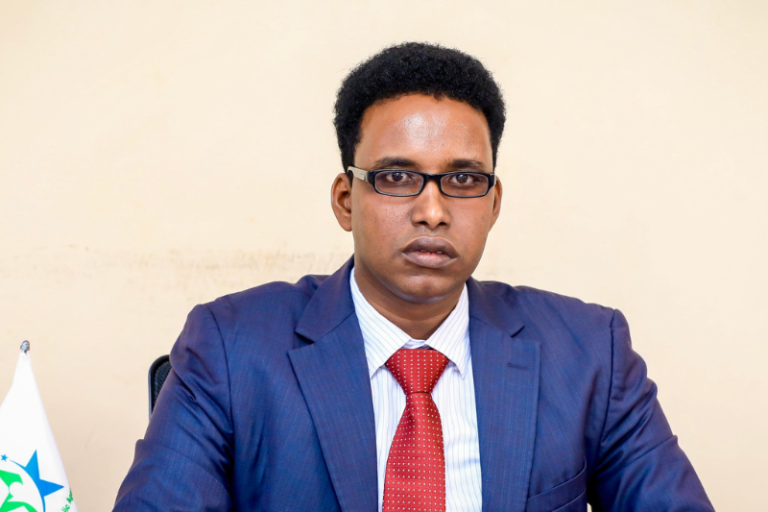
Is a researcher, teacher, podcaster and blogger. His work over the last decade has focused on teaching and researching governance, justice and social services in Somalia.


